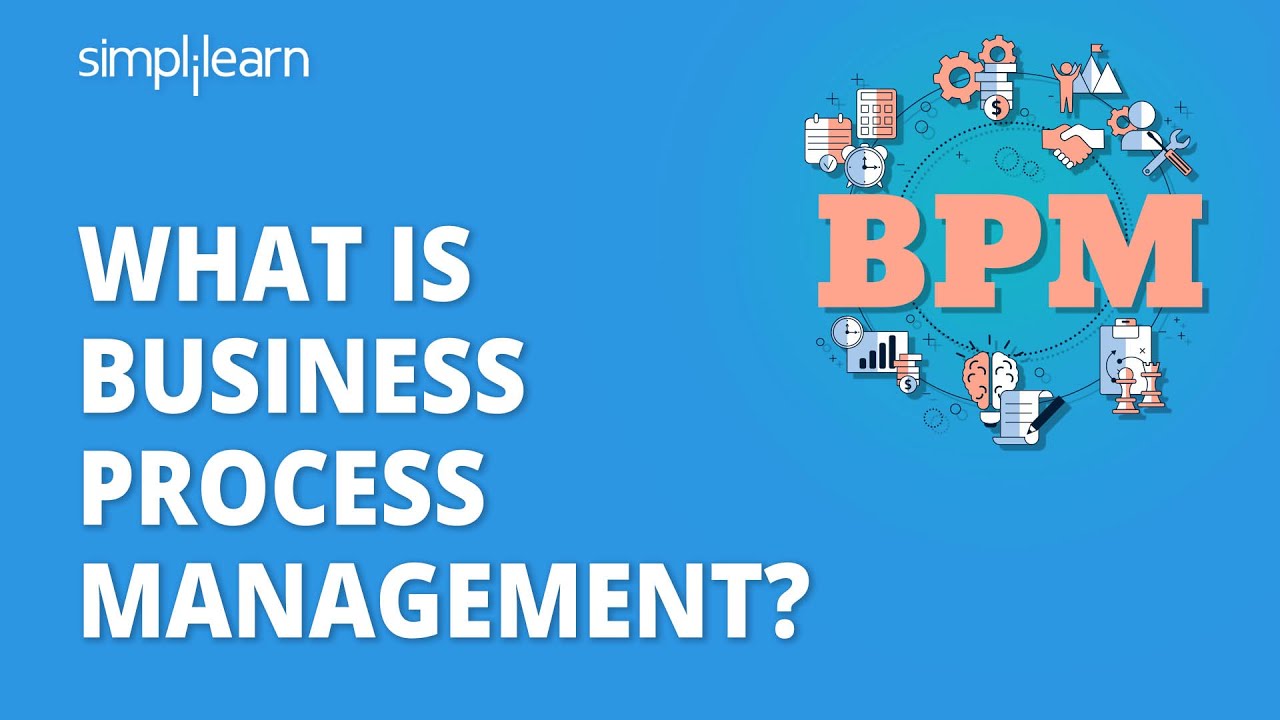Business process management (BPM) is a system of business activities and practices that involve the coordination of people, technology, and information to achieve specific organizational goals. It is a systematic approach to improving the efficiency and effectiveness of an organization’s processes, from the initial idea or concept to the delivery of the final product or service. BPM has become increasingly important for organizations to remain competitive in today’s dynamic business environment.
What is Business Process Management?
BPM is a way of managing the entire lifecycle of a business process, from the initial concept or idea, through its execution and implementation, and finally to its completion. It is a system of activities, practices, and tools that enable an organization to effectively coordinate people, technology, and information to achieve specific goals. BPM involves the identification, design, implementation, and monitoring of business processes in order to ensure that they are effective and efficient. BPM also helps organizations to identify opportunities for improvement and to implement changes that will improve their processes.
Benefits of Business Process Management
BPM offers many benefits to organizations. It helps organizations to reduce costs, increase efficiency, and improve customer service. It also helps to increase employee productivity and engagement. Additionally, BPM enables organizations to better understand their processes and to identify areas for improvement. Finally, BPM provides organizations with the tools and resources to make the necessary changes to their processes in order to remain competitive in the market.
Business Process Management Tools
There are a variety of tools available to organizations to help them implement BPM. These include workflow management software, process automation software, and business intelligence software. Workflow management software helps to automate the process of executing a business process, while process automation software automates the process of creating, executing, and monitoring processes. Business intelligence software helps to analyze the data associated with a business process in order to identify areas of improvement.
Implementing Business Process Management
Organizations must first identify the processes that they wish to manage. This can be done through the use of process mapping and analysis. Once the processes have been identified, organizations must then develop a plan for implementing BPM. This includes defining goals, selecting the appropriate tools, and designing the processes. Finally, organizations must monitor the processes to ensure that they are meeting the goals.
Conclusion
Business process management is an important tool for organizations to remain competitive in today’s business environment. It helps organizations to reduce costs, increase efficiency, and improve customer service. It also helps organizations to better understand their processes and to identify areas for improvement. By implementing BPM, organizations can ensure that their processes are effective and efficient.




